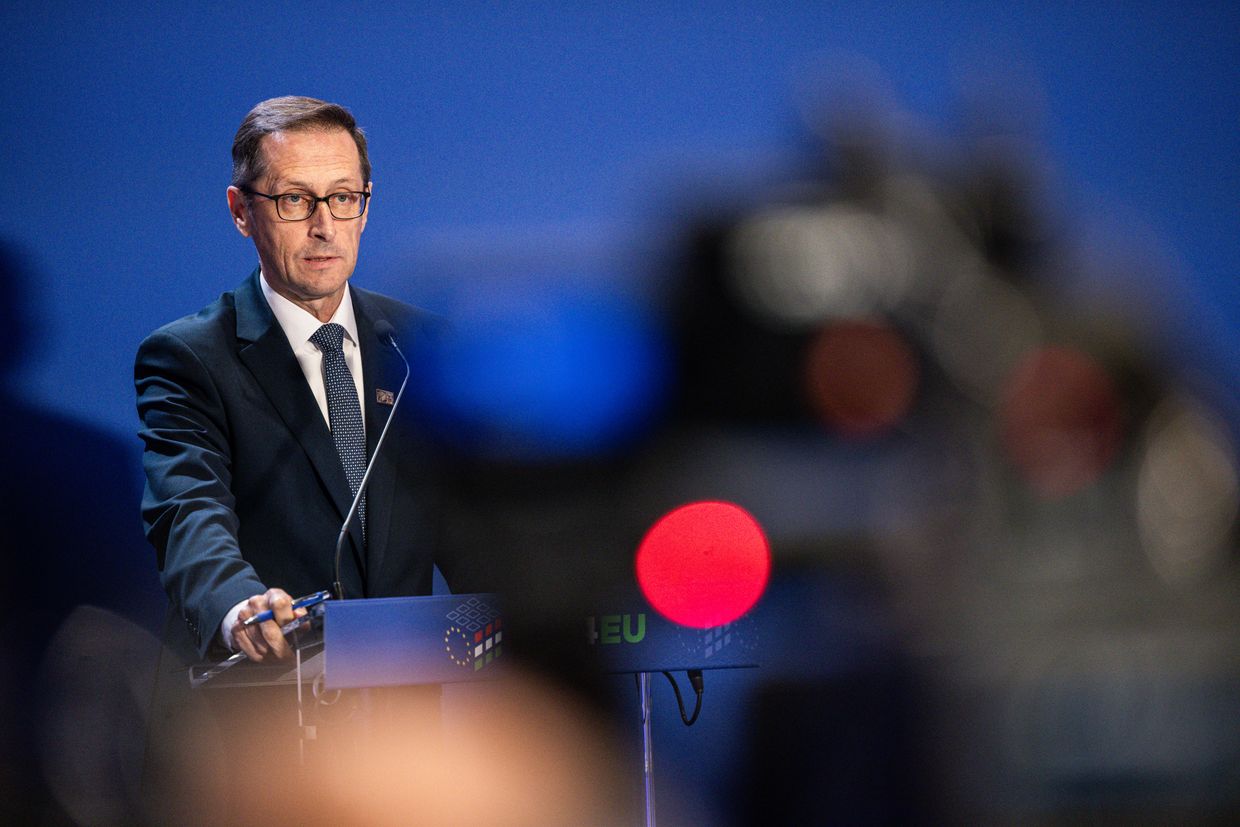
Hungary blocks EU sanctions changes, holding up $50 billion G7 loan package for Ukraine
The landmark decision to provide Ukraine with a $50 billion loan from the profits of frozen Russian assets has been held up after Hungarian Finance Minister Mihaly Varga announced the blocking of necessary changes to the European Union's sanctions regime on Oct. 8.
During the June Group of Seven (G7) summit in Italy, G7 leaders publicly confirmed a deal on the plan to provide Ukraine with a $50 billion loan by the end of the year, which will be repaid using interest from billions in frozen Russian assets.
The funds for covering the loan will not come from the confiscation of Russian assets themselves, but through profits generated by them and accumulated over time.
According to EU officials, Washington is demanding that the EU change the rules for renewing sanctions against Russia from every six months to every three years as a condition to contribute about $20 billion to the G7 loan, halving the EU's own contribution.
The remaining $10 billion will be provided by G7 members Canada, the U.K., and Japan.
"We believe that this issue, the prolongation of the Russian sanctions, should be decided after the U.S. elections. We have to see in which direction the future U.S. administration is going with this issue," the minister said.
The 2024 U.S. presidential elections are scheduled to be held on Nov. 5.
Explaining Hungary's position, Varga said that the two presidential candidates — Donald Trump and Kamala Harris, have different views on how to support Ukraine in the future, and that Europeans should wait for the election results to see what course Washington will take.
While Western countries have frozen $300 billion in Russian assets, they can only access the annual income generated by these funds, approximately $3.2 billion. The vast majority of the assets are frozen in European countries.
















